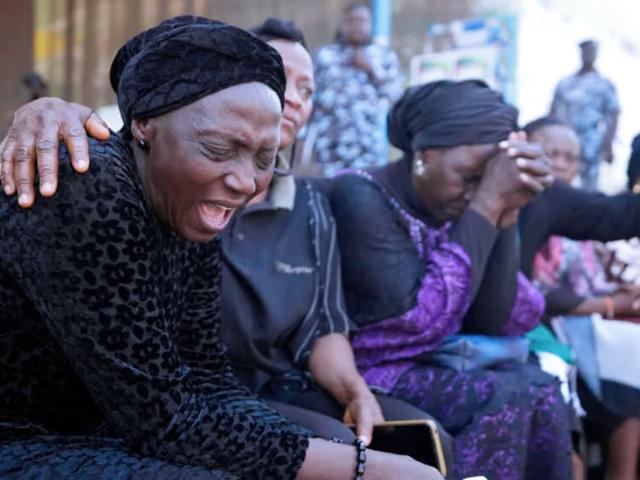Concerns about religious persecution on a global scale take center stage this week in Washington at the International Religious Freedom Summit. The summit brings together diverse individuals with unique personal and political backgrounds, forming an unexpected alliance to explore solutions that enable nations to practice their faith freely.
Over the past decade, religious violence has reached unprecedented levels, even in unexpected places. The summit, hosted in the nation’s capital, aspires to establish a potent coalition to shed light on the challenges faced by the persecuted and seek effective solutions. The recent Hamas terror massacre against Israelis in October adds a somber note to the discussions.
“The attacks in Israel were motivated by deep religious hatred and profound antisemitism in Hamas. This attack, along with the ongoing conflict in Gaza, has the potential to jeopardize the stability of the entire world,” emphasized 2024 IRF Co-chair Katrina Lantos Swett.
From China and North Korea to Africa, the Middle East, and beyond, an estimated 360 million Christians face persecution worldwide, with more than a dozen individuals losing their lives daily due to their faith.

Women mourn the victims of the Christmas Eve attack, in Jos, Nigeria, Jan. 6, 2024. (AP Photo/Sunday Alamba)
“You’ve got so many of our enemies attacking us—whether it’s Russia, Iran, or even Turkey through Azerbaijan on Armenia—almost every one of these situations has a deep religious component,” said 2024 IRF Co-chair Sam Brownback.
Religious freedom is under threat across cultures, nations, religions, and political systems globally. Unexpected cases are emerging even in established democracies like Japan and Finland.
This message echoes through first-person accounts shared at the summit. In a time of significant division, the nation’s capital becomes the epicenter of a powerful bipartisan movement, uniting advocates and politicians worldwide to safeguard the rights of all to worship as they choose.
“Some of the people we have brought together include very progressive Democrats and socially conservative Republicans. We’ve also engaged representatives from the American Atheists. It’s quite an inspiring movement and a positive counterpoint to the divisions we face on so many fronts,” said Swett.
According to Brownback, in addition to addressing persecution, special summit sessions will foster interfaith dialogue, aiming to promote peace and develop a blueprint for international collaboration and legislation.
“We’re going to see if we can come up with agenda items to present to Congress, building longer-term solutions.”
Organizers say a key priority is to avoid partisan politics, urging governments to prioritize religious freedom as a crucial foreign policy issue and a fundamental human right.
‘A Very Terrifying Christmas’: 140 Villagers Massacred in Christian Area of Nigeria




























![[Video] More – Aghogho » GospelHotspot](https://gospelhotspot.net/wp-content/uploads/2024/04/More-Aghogho.jpeg)
















